Tag: nebraska
-
Ballot measure update: Texas, New York add new measures for 2025; Louisiana, Nebraska for 2026
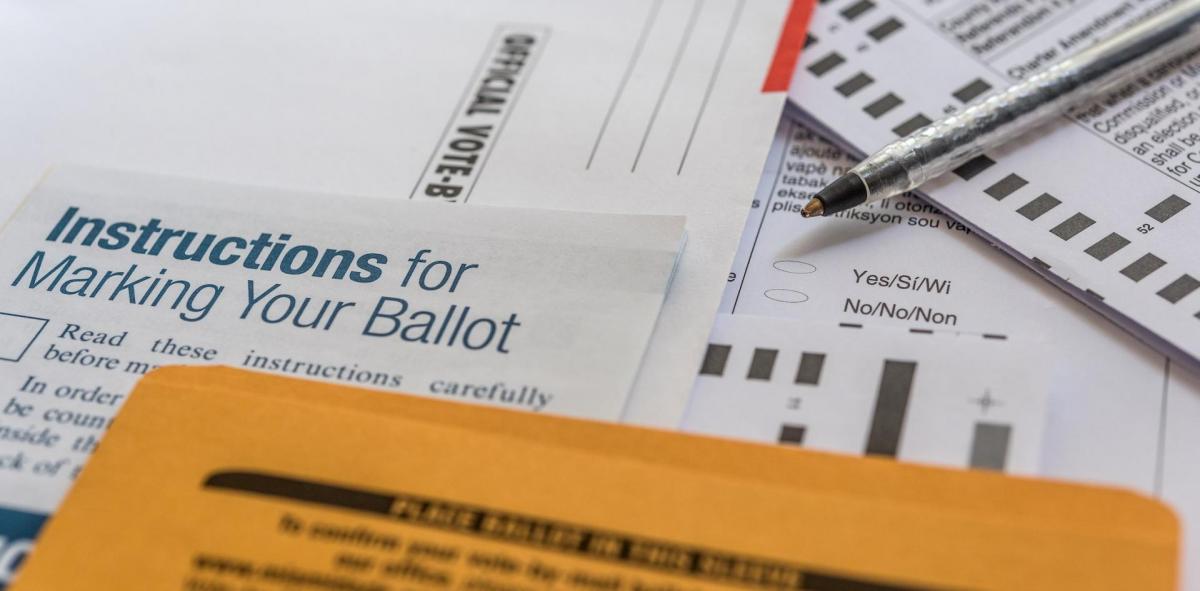
The number of certified statewide ballot measures for both 2025 and 2026 is trending above average compared to previous election cycles as of June 10. 2025 ballot measures For 2025, 27 statewide ballot measures have been certified in seven states—Colorado, Louisiana, New York, Ohio, Texas, Washington, and Wisconsin. This is seven more than the average…
-
Nebraska voters to decide on change to state legislative term limit in 2026, 20 years after it took effect
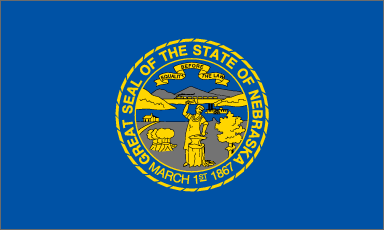
Nebraska senators voted to send a constitutional amendment to the Nov. 3, 2026, ballot that would lengthen the state legislative term limit passed by voters in 2000. Initiative Measure 415 provided that state legislators are not eligible for office in the legislature for four years after serving two consecutive terms (eight years). The 2026 amendment…
-
Incumbent Jean Stothert and John Ewing Jr. are running in the nonpartisan general election for mayor of Omaha on May 13, 2025

Incumbent Jean Stothert and John Ewing Jr. are running in the nonpartisan election for mayor of Omaha, Nebraska, on May 13, 2025. Both advanced from the April 1 top-two primary, where Stothert received 37% of the vote and Ewing received 31.9%. Omaha World Herald‘s Henry J. Cordes and Julie Anderson wrote, “While the mayor’s race…
-
Five candidates are running in the primary for mayor of Omaha, Nebraska
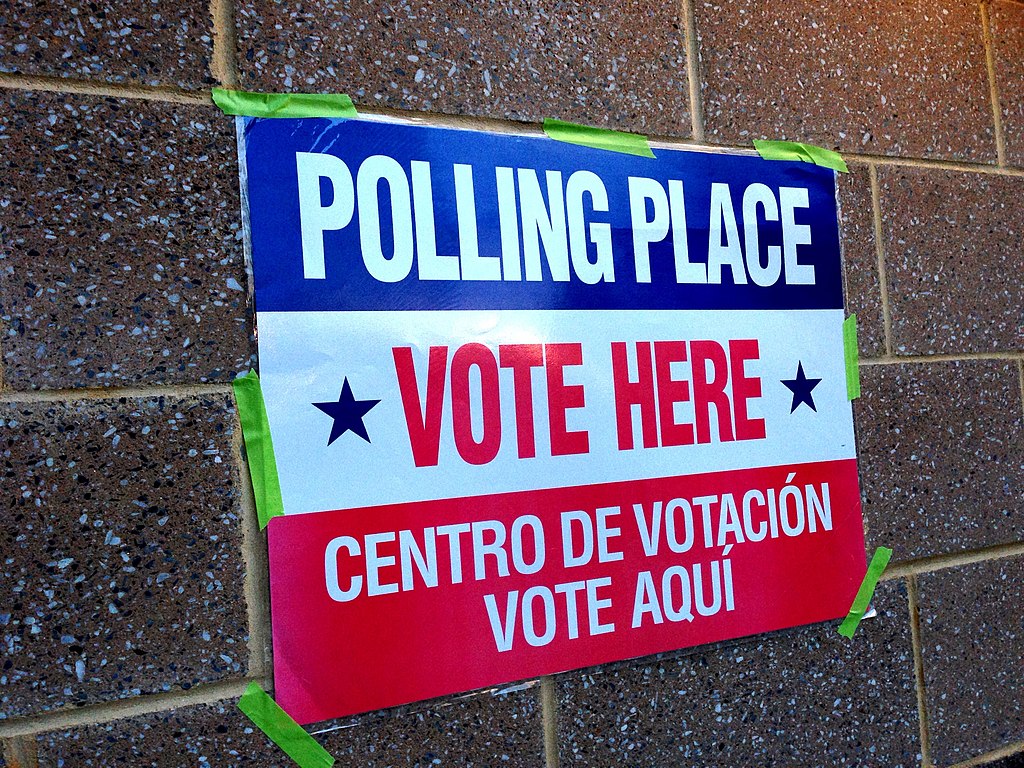
Five candidates are running in the nonpartisan primary for mayor of Omaha, Nebraska, on April 1, 2025. Three lead in polling and fundraising: Mayor Jean Stothert, John Ewing Jr., and Mike McDonnell. The filing deadline for this election was Feb. 28, 2025. Stothert was first elected in 2013. She is campaigning on her record: “My vision for the future is obviously to make sure that…
-
State supreme court vacancy count for October 2024

In this month’s state supreme court vacancy update, Ballotpedia tracked announced retirements, nominations, appointments, confirmations, and the swearing-in of justices from October 1, 2024, to November 1, 2024. Ballotpedia tracks court vacancies in all 52 state supreme courts. Announced retirements: In October 2024, one justice resigned. Robert Brutinel stepped down from the Arizona Supreme Court…
-
Voters in Arizona and Nebraska will decide on competing ballot measures related to electoral systems and abortion, respectively, on Nov. 5
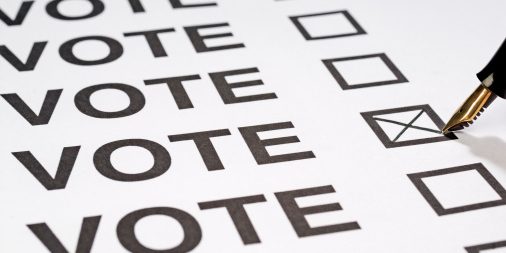
On Nov. 5, 2024, voters will decide on two sets of competing ballot measures: two in Nebraska related to abortion, and two in Arizona related to electoral systems. Two or more initiatives may qualify for the same ballot but conflict with one another. Constitutional amendments affect statutory measures but not vice-versa. When both are statutes,…
-
Incumbent Deb Fischer (R) and Dan Osborn (I) are running in the general election for U.S. Senate in Nebraska

Incumbent Deb Fischer (R) and Dan Osborn (Independent) are running in the general election for U.S. Senate in Nebraska on Nov. 5, 2024. Fischer was first elected in 2012. No Democratic candidate filed to run. According to Nebraska Democratic Party Chair Jane Kleeb, the party decided not to run a candidate after talks with Osborn.…
-
Update on 2024 state ballot measure certifications: three certifications in Nebraska, one last initiative in Arkansas pending signature verification

For 2024, 160 statewide ballot measures have been certified for the ballot in 41 states, which is two above the average (158) for this point in the election cycle from 2012 to 2022. The average number of statewide ballot measures certified for an even-numbered year during this period was 157. The final average, 157, is…
-
Nebraska voters to decide on a pair of initiatives to legalize and regulate medical marijuana
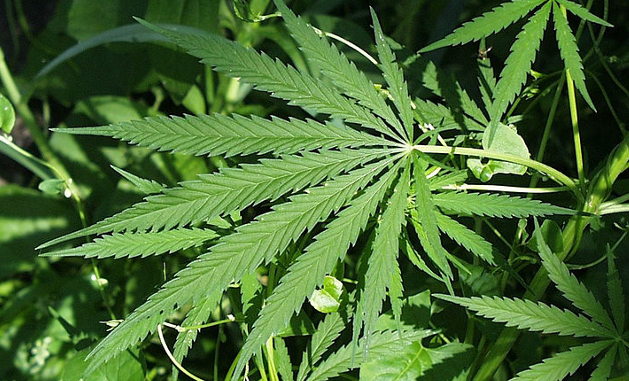
The Nebraska Secretary of State announced on Sept. 13 that two ballot initiatives to legalize and regulate medical marijuana were certified for the November ballot. The measures are initiated state statutes that needed valid signatures from 5% of the registered voters (86,499 signatures) in each of two-fifths (38) of Nebraska’s 93 counties. The secretary of state…
-
Nebraska voters will decide referendum on private education scholarship program bill in Nov.

Voters in Nebraska will decide on a veto referendum regarding a private education scholarship program on Nov. 5, 2024. On Sept. 5, 2024, Secretary of State Bob Evnen (R) announced that the referendum had qualified for the ballot. The veto referendum campaign, Support Our Schools, submitted 86,603 signatures on July 17. At least 61,308 signatures…

